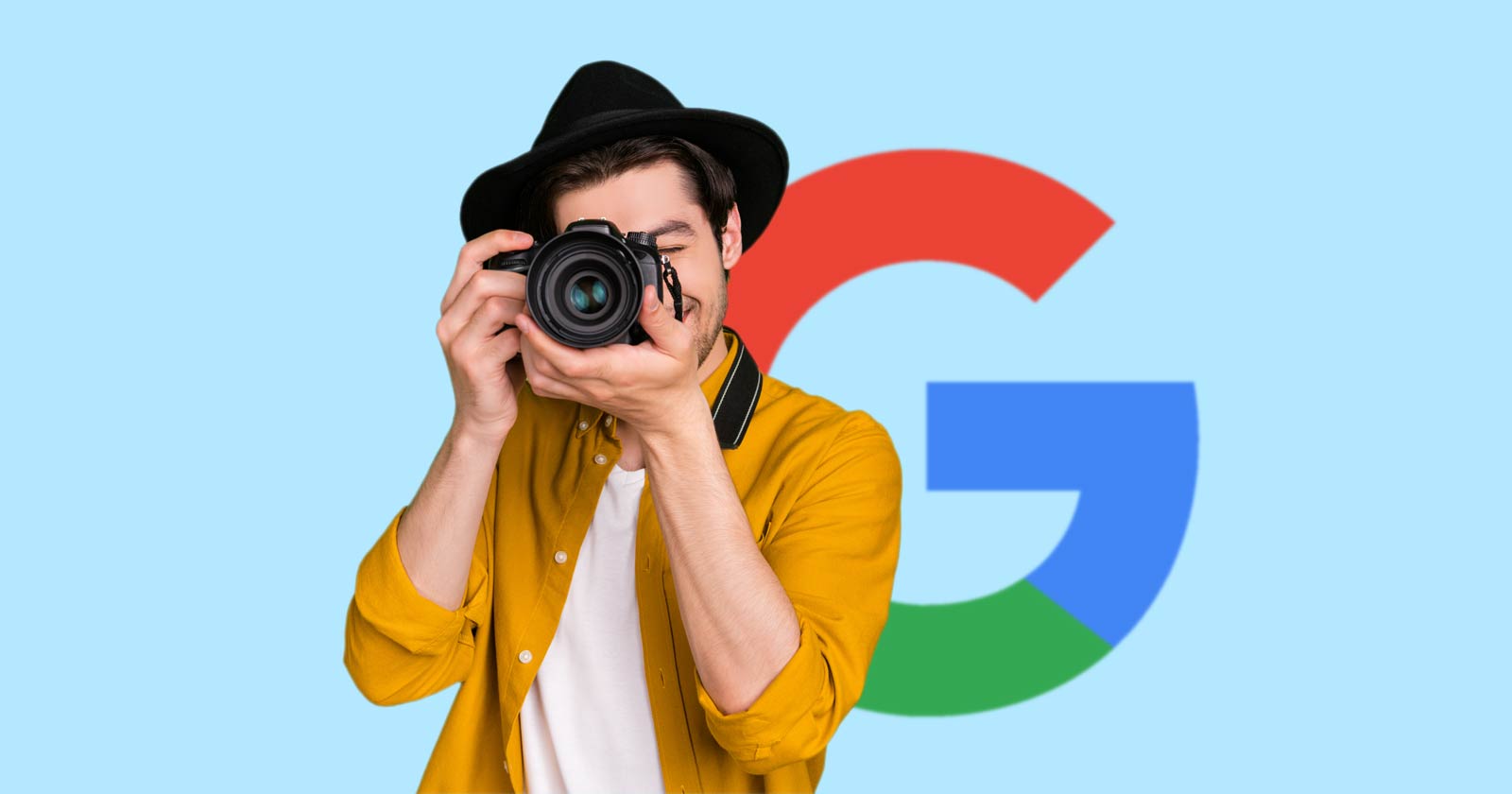Google Search Central updated their documentation to reflect support for labeling images that were extended or manipulated with AI. Google also quietly removed the “AI generated” metadata from Beta status, indicating that the “AI Generated” label is now fully supported in search.
IPTC Photo Metadata
The International Press Telecommunications Council (IPTC) is a standards making body that among other things creates standards for photo metadata. Photo metadata enables a photograph to be labeled with information about the photo, like information about copyright, licensing and image descriptions.
Although the standards is made for by an international press standards organization the meta data standards they curate are used by Google Images in a context outside of Google News. The metadata allows Google Images to show additional information about the image.
Google’s documentation explains the use case and benefit of the metadata:
“When you specify image metadata, Google Images can show more details about the image, such as who the creator is, how people can use an image, and credit information. For example, providing licensing information can make the image eligible for the Licensable badge, which provides a link to the license and more detail on how someone can use the image.”
AI Image Manipulation Metadata
Google quietly adopted the metadata standards pertaining to images that were manipulated with AI algorithms that are typically used to manipulate images, like convolutional neural networks (CNNs) and generative adversarial networks (GANs).
There are two forms of AI image manipulation that are covered by the new metadata:
Inpainting
Inpainting is generally conceived as enhancing an image for the purpose of restoring or reconstructing it, to fill in the missing parts. But inpainting is also any algorithm manipulation that adds to an image.
Outpainting
Outpainting is the algorithm process of adding to an image, extending it beyond the borders of the original photograph, adding more to it than what was in the original image.
Google now supports labeling images that were manipulated in both those ways with a new metadata property of the Digital Source Type that’s called compositeWithTrainedAlgorithmicMedia.
compositeWithTrainedAlgorithmicMedia
While the new property looks like structured data, it’s not Schema structured data. It’s metadata that’s embedded in a digital image.
This is what was added to Google’s documentation:
“Digital Source Type
compositeWithTrainedAlgorithmicMedia: The image is a composite of trained algorithmic media with some other media, such as with inpainting or outpainting operations.”
Label For “AI Generated” – algorithmicMedia Metadata
Google also lifted the Beta status of the algorithmicMedia metadata specifications, which means that images that are created with AI can now be labeled as AI Generated if the algorithmicMedia metadata is embedded within an image.
This is the documentation before the change:
“algorithmicMedia: The image was created purely by an algorithm not based on any sampled training data (for example, an image created by software using a mathematical formula).
Beta: Currently, this property is in beta and only available for IPTC photo metadata. Adding this property makes your image eligible for display with an AI-generated label, but you may not see the label in Google Images right away, as we’re still actively developing it.”
The change in the documentation was to remove the entirety of the second paragraph to remove any mention of Beta status. Curiously, this change is not reflected in Google’s changelog.
Google’s Search Central documentation changelog noted:
“Supporting a new IPTC digital source type
What: Added compositeWithTrainedAlgorithmicMedia to the IPTC photo metadata documentation.Why: Google can now extract the compositeWithTrainedAlgorithmicMedia IPTC NewsCode.”
Read Google’s updated documentation:
Image metadata in Google Images
Featured Image by Shutterstock/Roman Samborskyi
